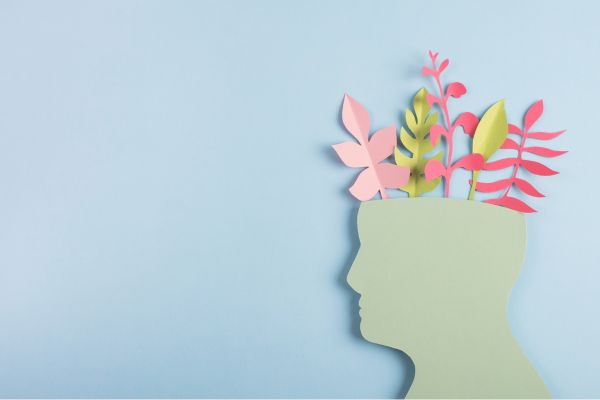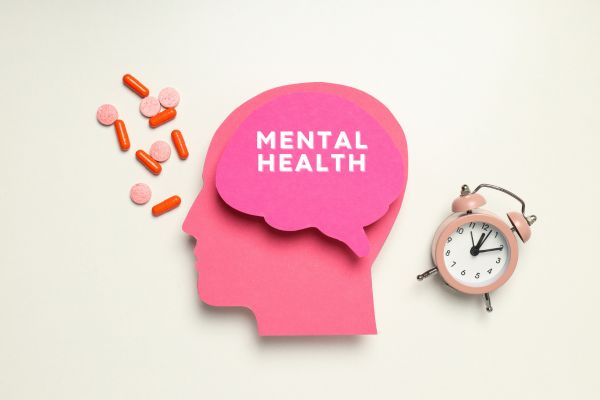Recovery is one of the most courageous journeys a person can take, but staying sober doesn’t just involve avoiding alcohol or drugs—it often requires untangling years of negative patterns and beliefs. One of the most persistent challenges in sobriety is self-sabotage: when we undermine our own success, happiness, or well-being, often without realizing it.
Whether it shows up as skipping meetings, isolating, entertaining toxic relationships, or giving in to negative self-talk, self-sabotage can be a major threat to sustained sobriety. The good news? You can break the cycle. Here are seven practical, psychology-backed strategies to help stop self-sabotaging behavior and stay on the path to healing.
1. Recognize the Signs of Self-Sabotage
The first step to change is awareness. Self-sabotage is often subtle and unconscious. It may look like:
-
Procrastinating or skipping support meetings
-
Saying “yes” to people who drain your energy
-
Engaging in negative self-talk (“I’m not strong enough to stay sober”)
-
Isolating yourself when you feel overwhelmed
-
Setting unrealistic goals and then beating yourself up when you fall short
By identifying how self-sabotage shows up in your life, you can begin to challenge those behaviors with healthier choices. Try journaling your actions and thoughts for a week to spot patterns.
2. Understand the Root Cause
Self-sabotage doesn’t come out of nowhere. It often stems from low self-worth, fear of success or failure, trauma, or unresolved guilt. For many people in recovery, the idea of a healthy, sober life can feel foreign or undeserved.
Ask yourself:
-
Do I believe I’m worthy of long-term recovery?
-
What am I afraid might happen if I succeed?
-
What did I learn about failure or success growing up?
Working with a therapist, counselor, or sober coach can help unpack these deeper issues and start reshaping your core beliefs.
3. Practice Self-Compassion Over Perfectionism
Perfectionism is a major driver of self-sabotage. When we expect ourselves to “get sobriety right” every day or compare our journey to others, we set ourselves up for disappointment and shame. And shame often leads back to self-destructive behavior.
Instead, cultivate self-compassion. This means treating yourself like you would a friend in the same situation—with kindness, understanding, and patience. If you slip up or feel triggered, don’t judge yourself. Get curious instead: What led to that moment? What can I learn from it?
Mantras like “Progress, not perfection” and “I’m allowed to grow at my own pace” can reinforce this mindset shift.
4. Create a Relapse-Resistant Environment
Sometimes, self-sabotage happens because temptation is too close or your support system is too far away. Designing your life to support sobriety, rather than challenge it, can make a big difference.
Try the following:
-
Remove alcohol or drug-related reminders from your home
-
Surround yourself with sober friends or communities
-
Choose hangouts and activities that don’t revolve around drinking
-
Keep a list of coping strategies or emergency contacts visible and accessible
Environmental changes may feel small, but they can reduce decision fatigue and minimize opportunities for impulsive behavior.
5. Replace Negative Self-Talk with Empowering Language
Your inner voice plays a huge role in how you behave. If you constantly tell yourself, “I always mess things up” or “I’ll never be happy without drinking,” your brain will start to believe it—and act accordingly.
To reframe this, try cognitive behavioral techniques like:
-
“Catch and challenge”: When a negative thought arises, pause and ask: Is this true? What evidence do I have? What would I say to a friend who thought this?
-
Positive affirmations: Write down daily truths like, “I’m learning to trust myself,” or “Every day I stay sober is a success.”
-
Thought journaling: At the end of the day, record your thoughts and actively rewrite any that were disempowering or distorted.
Over time, this creates a more resilient and compassionate mindset.
6. Set Realistic, Sober-Focused Goals
Big, vague goals like “stay sober forever” can be overwhelming. When they feel too far away, it’s easy to fall into defeatist thinking. Instead, break your goals into short, manageable steps that keep you grounded and motivated.
For example:
-
“I’ll attend 3 support meetings this week.”
-
“I’ll reach out to one sober friend today.”
-
“I’ll journal every morning for 10 minutes.”
Small wins add up. They build confidence and give you concrete reasons to celebrate your progress, which counters the self-sabotage loop.
7. Stay Connected—Even When You Don’t Feel Like It
One of the most common forms of self-sabotage in sobriety is isolation. When you start withdrawing from others, skipping check-ins, or convincing yourself that “no one understands,” it becomes easier to fall into old patterns.
Connection is the antidote.
Whether it’s a 12-step group, an online sober community, a therapist, or a trusted friend, make connection a non-negotiable. It doesn’t always have to be deep or long. A simple “Hey, just checking in” text can keep you anchored.
Even when it’s uncomfortable, remember: reaching out is an act of strength, not weakness.
You Deserve a Sober Life That Thrives
Self-sabotage doesn’t mean you’re broken—it means you’ve developed coping mechanisms that no longer serve you. And now, you have the power to replace them.
Sobriety isn’t just about not using—it’s about learning to believe in your own worth, trusting your capacity for growth, and showing up for yourself even when it’s hard. By applying these seven strategies consistently, you can break the cycle of self-sabotage and build a life that feels safe, authentic, and fulfilling.
You’re not just surviving anymore. You’re healing—and that’s something worth protecting.



